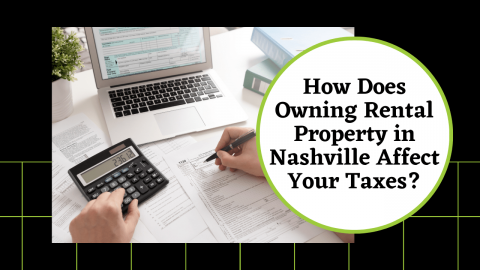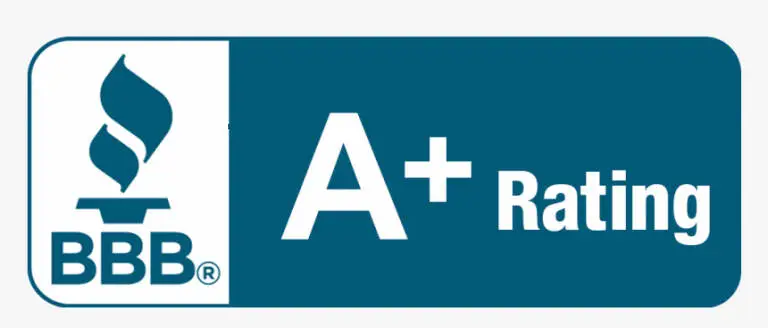Blog
How Does Owning Rental Property in Nashville Affect Your Taxes?
Lee Blackburn

It’s not always fun to talk about taxes, unless you’re a real estate investor.
Owning Nashville rental property comes with several tax benefits. While you will be required to report your rental income on your tax returns, you can also use several deductions that are unique to rental property owners.
You’ll need to prepare your year-end financial reports in order to prepare for tax time. If you’re working with a Nashville property management company, you’ll collect a 1099 and any supporting documentation from them. Remember to talk to your CPA or tax accountant. We are property management experts, and our advice is based on that experience, not our accounting credentials.
Deduct Your Nashville Rental Property Maintenance Expenses
Most of the costs associated with maintaining your rental property can be deducted on your taxes. This includes repair costs and any materials that you need to keep your property in operable condition, such as paint, drywall, smoke detector batteries, etc.
Keep in mind that you cannot deduct the costs of improving your home. If you renovate the kitchen or add a bathroom, those expenses are not tax-deductible. You may only deduct what it costs to maintain your Nashville rental property.
Deduct Your Professional Fees and Mortgage Interest
If you have a mortgage on your rental property, you can deduct the amount you pay in interest on that loan. You can also deduct any professional fees you pay that are associated with the rental property. These might include property management fees, insurance or attorney costs, and commissions you pay to real estate agents.
Rental property owners can also deduct any advertising or marketing fees during the leasing period. If you have an accountant or a CPA tracking the income and expenses associated with your property and preparing your tax filings, you can deduct those costs as well.
Deducting Property Depreciation
One of the best ways to limit your tax liability as a rental property owner is by using depreciation as a tax deduction. Even if your property is increasing in value, the IRS allows you to deduct a specific amount in depreciation every year.
According to current IRS guidelines, the property you own has a lifespan of 27.5 years. So, you’ll use that number to calculate your depreciation.
You cannot include the value of the land your property is on; you’re simply using the value of your house. Divide the cost of your property at the time you acquired it as a rental by 27.5. That’s the amount of depreciation you can include in your tax return.
Document All Income and Expenses for Tax Reporting

If you have any questions about how to handle taxes as a real estate investor in Nashville, we invite you to contact our team at Omni Property Management. We’d be happy to serve as your Nashville property management resource.









